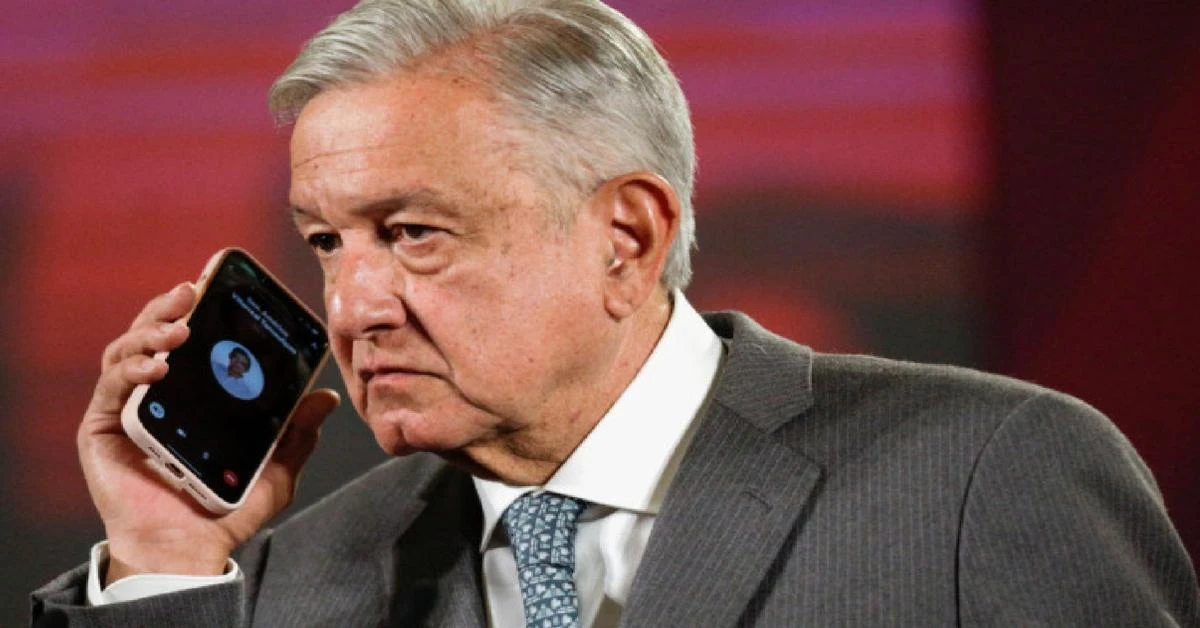Mexican president slams YouTube for removing video with journalist’s number

President Lopez Obrador claims Mexico’s platform is influenced by conservatives, accuses it of censorship, and says YouTube is on a downward spiral
Mexico’s president once again criticized YouTube on Monday for removing a segment of his daily press conference where he disclosed a journalist’s contact details.
President Andres Manuel Lopez Obrador alleged that the platform in Mexico has been influenced by conservative forces, accused it of engaging in censorship, and asserted that YouTube is on a downward spiral.
This incident is the most recent development in the Mexican president’s tumultuous relationship with social media. Lopez Obrador’s YouTube channel boasts 4.2 million followers, and he often prioritizes social media platforms and online news outlets during his press conferences, frequently fielding questions exclusively from these sources.
Advocates for press freedom condemned the president’s actions in revealing the phone number of a New York Times journalist on Thursday, viewing it as a retaliatory measure against critical journalism and potentially endangering the reporter.
The dispute arose when Lopez Obrador took offense at a New York Times article detailing a U.S. investigation into allegations that individuals close to him accepted money from drug traffickers shortly before his 2018 election and during his presidency.
In accordance with standard procedure, the Times journalist had sent a formal request for comment to Lopez Obrador’s spokesperson prior to publication, providing her contact information for further communication.
During his daily press briefing, the president publicly showcased the letter on a large screen, reading it aloud, which included the journalist’s phone number.
Despite Mexican regulations prohibiting the disclosure of personal details, Lopez Obrador asserted that the moral and political authority of the Mexican president supersedes such laws.
YouTube responded by enforcing its anti-harassment policies, removing videos that disclosed personal information, such as phone numbers, and issuing penalties to the channels responsible.
In a statement on YouTube, the president criticized this action as authoritarian and arrogant, claiming a decline in their behavior.
Initially a proponent of social media as an alternative to traditional media bias, Lopez Obrador now alleges online conspiracies against him involving bots and coordinated campaigns.
Previously, Lopez Obrador had clashed with social media platform X, formerly Twitter, over their suspension of Donald Trump’s account, accusing a Mexican representative of political bias.
The president frequently targets environmentalists, nongovernmental organizations, and regulatory bodies in his criticisms.
Following the doxxing incident, leaks of private phone numbers of political figures ensued, prompting Xochitl Gálvez, a presidential candidate, to receive a deluge of threatening messages.
Despite this, Galvez maintained her stance, emphasizing the importance of privacy laws and supporting YouTube’s stance on the matter.
Lopez Obrador remained unapologetic, framing the situation as a matter of free speech, emphasizing his commitment to social media platforms and the principle of liberty.
Source: AP



